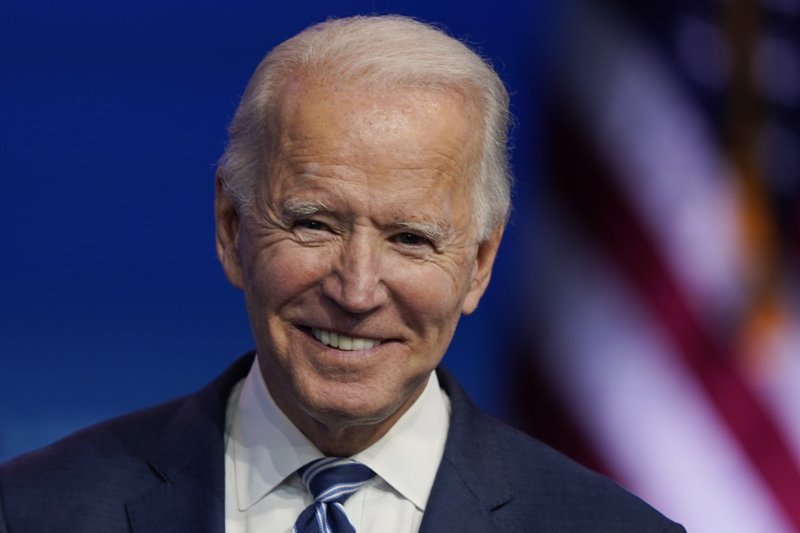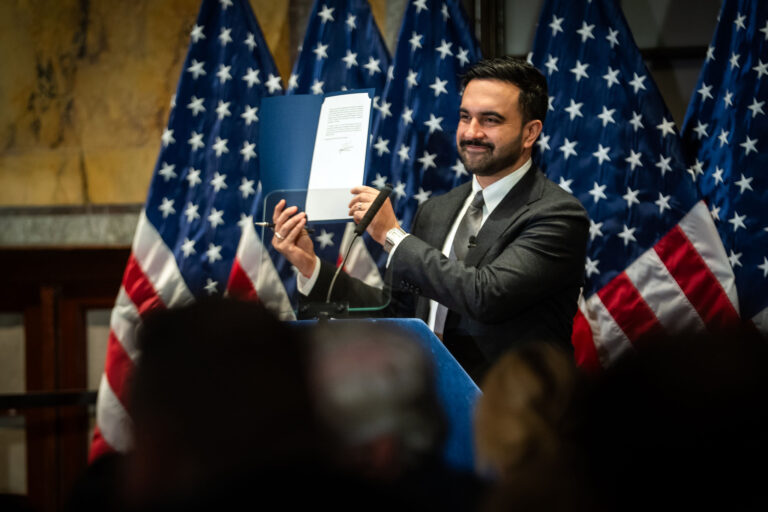By Rabbi Yair Hoffman for 5tjt.com
Politicians are an interesting lot. Their thoughts and perspectives often change. Most often, they change with the winds of what they perceive are the desires and whims of society.
Once, prior to his being part of the Obama Administration, Joe Biden was very pro-Israel. That association, combined with his need to engage with Sanders supporters, have possibly changed that perspective.
This can have an effect in three critical areas of concern to the people in Israel:
- In terms of re-entering some form of the Iran Nuclear Deal
- In terms of significantly effecting the Israeli/Palestinian Dynamic
- In terms of reviving the terror organization of the Muslim Brotherhood and removing its pariah status.
No one knows exactly what lay in the future. It may be a valid assumption to say that the assumptive president’s policies are somewhere between those of the Obama administration and those of the Trump administration.
Let’s discuss each of the three areas:
Assumptive President Biden has made clear that a top priority for him is to rejoin the Iran nuclear deal. Such a deal would allow Iran to eventually develop nuclear fuel that would give them nuclear weapons, while at the same time allowing them to be accepted in the family of nations.
In the past few decades, it has been shown that bringing Palestinians to the negotiating table is inversely proportional to the amount of restrictions, restraints and limitations placed upon Israel. The more we tell Israel no the more intransient and demanding both the PA and Hamas leadership becomes.
Both Kerry and President Obama lent support to Mohammed Morsi, a member of the Muslim Brotherhood. Last week, the Muslim Brotherhood announced that it “wishes Mr. Biden, the American people, and the peoples of the whole world to continue to live in dignity under the principles of freedom, justice, democracy and respect for human rights.” This week the Muslim Brotherhood called upon Biden “to review the policies of support for [Arab] dictatorships, and the crimes and violations committed by tyrannical regimes around the world.”
Radical Islamists wish to come back to power in Egypt, plain and simple. This could affect the dynamic that Egypt has with Hamas – thus endangering Jewish life.
The Muslim Brotherhood is backed by both Qatar and Turkey, and could possibly make a comeback under a Biden administration. Muslim Brotherhood supporters in Egypt, Tunisia, Yemen and the Gulf states were ecstatic for the Biden victory.
Strategically, both Israel and the Jewish community in America, organizations and individuals, should address these three concerns to the best of their abilities.
Perhaps the best model that should be followed is that found in Parshas Vayigash when Yehudah addressed not Joseph Biden, but the original Yoseph for which Mr. Biden was ultimately named for – but pretending to be Tzofnas Pane’ach.
Yehudah (Bereishis 44:20) is deferential both and complimentary, and yet, according to Rashi, alludes to an inner strength and independence. Rashi’s words clearly point that the primary approach should be deferential. A look at the words of the Seforno is most instructive too. The Seforno demonstrates how Yehudah is both very respectful but at the same time is clearly and forcefully presenting the case for Binyomin being completely innocent of the crimes that he was accused of.
Joe Biden and Kamala Harris have both stated that they would never tie aid to Israel with coercing Israel into making concessions. We need to highlight these important positions and clearly express and voice what we perceive to be the security needs of Israel and the need to keep the peace in the Mid-East. The security of Egypt now is also crucial in keeping Hamas at bay.
Supporters of Israel must take the steps necessary to understand and eloquently express the arguments to these positions. It must also be understood that, at times, Israel’s security interests are different than those of the United States. But this can be expressed in the spirit of friendship and working together. This is the correct hishtadlus as seen in the actions of Yehudah.
Aside from the actions of Yehudah being a prototype for how to deal with the political situation, there are also several Mitzvos involved in doing so.
HASHAVAS AVEIDAH
The verse in Parshas Ki Taytzai (Dvarim 22:2) discusses the Mitzvah of Hashavas Aveida – returning an object with the words, “Vahashaivoso lo – and you shall return it to him.” The Gemorah in Sanhedrin (73a), however, includes within its understanding of these words the obligation of returning “his own life to him as well.” Jewish life is at stake here if any of these three issues become a problem. The Mitzvah is very applicable. It is highly probable that it is to this general Mitzvah that the Shulchan Aruch refers to in Shulchan Aruch Orech Chaim 325.
LO SAAMOD AL DAM RAYACHA
There is a negative Mitzvah of not standing idly by your brother’s blood as well. This is mentioned in Shulchan Aruch (CM 426:1) and in the Rambam. Taking political action here, can ensure that we do not stand idly by our brother’s blood.
LO SUCHAL LEHISALAIM
There is yet another negative commandment associated with the positive commandment of Hashavas Aveida, and that is the verse in Dvarim (22:3), “You cannot shut your eyes to it.” This verse comes directly after the Mitzvah of Hashavas Aveidah. The Netziv (HeEmek Sheailah) refers to this Mitzvah as well.
V’ChAI ACHICHA IMACH
The Sheiltos (Sheilta #37), based upon the Gemorah in Bava Metziah 62a, understands these words to indicate an obligation to save others with you. The Netziv in his He’Emek She’ailah understands it as a full-fledged obligation according to all opinions. He writes that he must exert every effort to save his friend’s life – until it becomes Pikuach Nefesh for himself.
V’AHAVTA LARAYACHA KAMOCHA
The Ramban, Toras haAdam Shaar HaSakana (p42-43) understands the verse of “And love thy neighbor as yourself” as a directive to save him from danger as well. Although he discusses the issue of medical danger, it is clear that this is an example, and it would apply to danger from physical enemies as well. Even without the Ramban, however, it is clear that defending and protecting someone from danger is a fulfillment of this Mitzvah.
The author can be reached at [email protected]












3 Responses
R’ Yair? You too with this “President Elect” scam?! We thought you’re way more accurate and precise than that.
Perhaps consideration of a halachic look into adultery, corruption and lying would be apropos.
RT, Biden is an adulterer, corrupt, and a liar. He started his affair with his current wife while both of them were married to other people, and then lied for years, claiming that they didn’t even meet for the first time until after his wife’s death.
He also disgustingly libeled the truck driver into whose path his first wife drove, claiming multiple times that he had been drunk. That alone is a moral crime equal to anything Trump has done.
And his corruption is now fully exposed with the discovery of his incestuous crack-smoking son’s laptop, and the revelations of two of his business partners, all three sources confirming that Joe was involved in Hunter’s “business ventures” (which consisted entirely of collecting bribes for Joe) and took 50% of the proceeds.